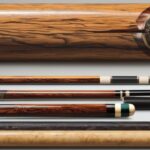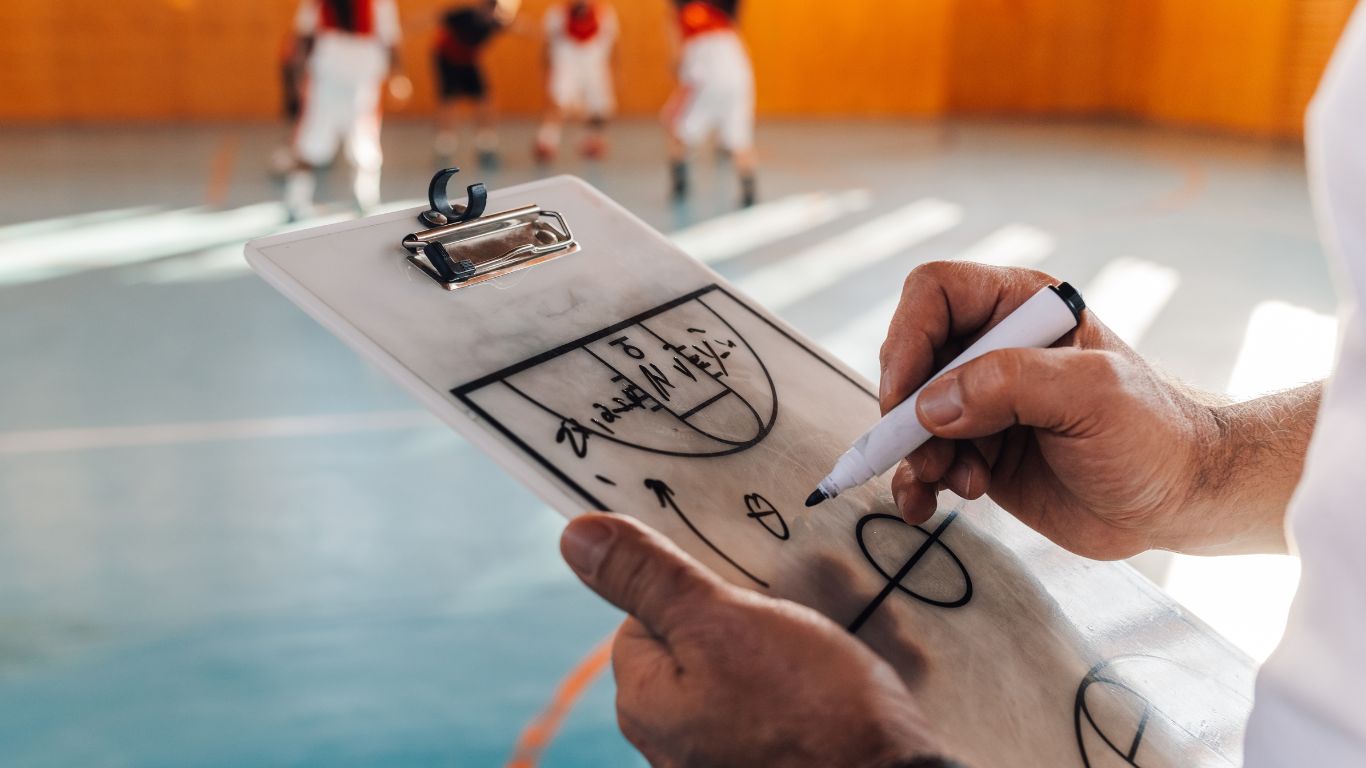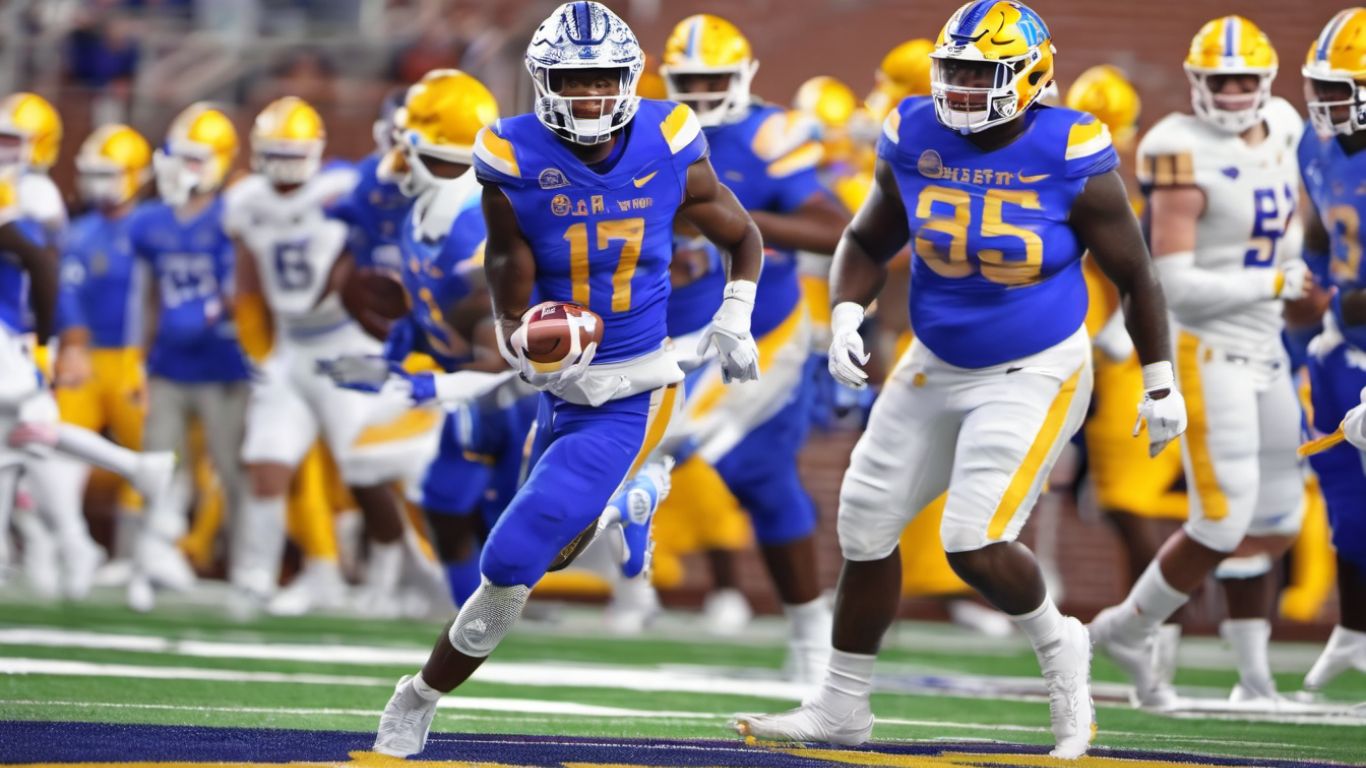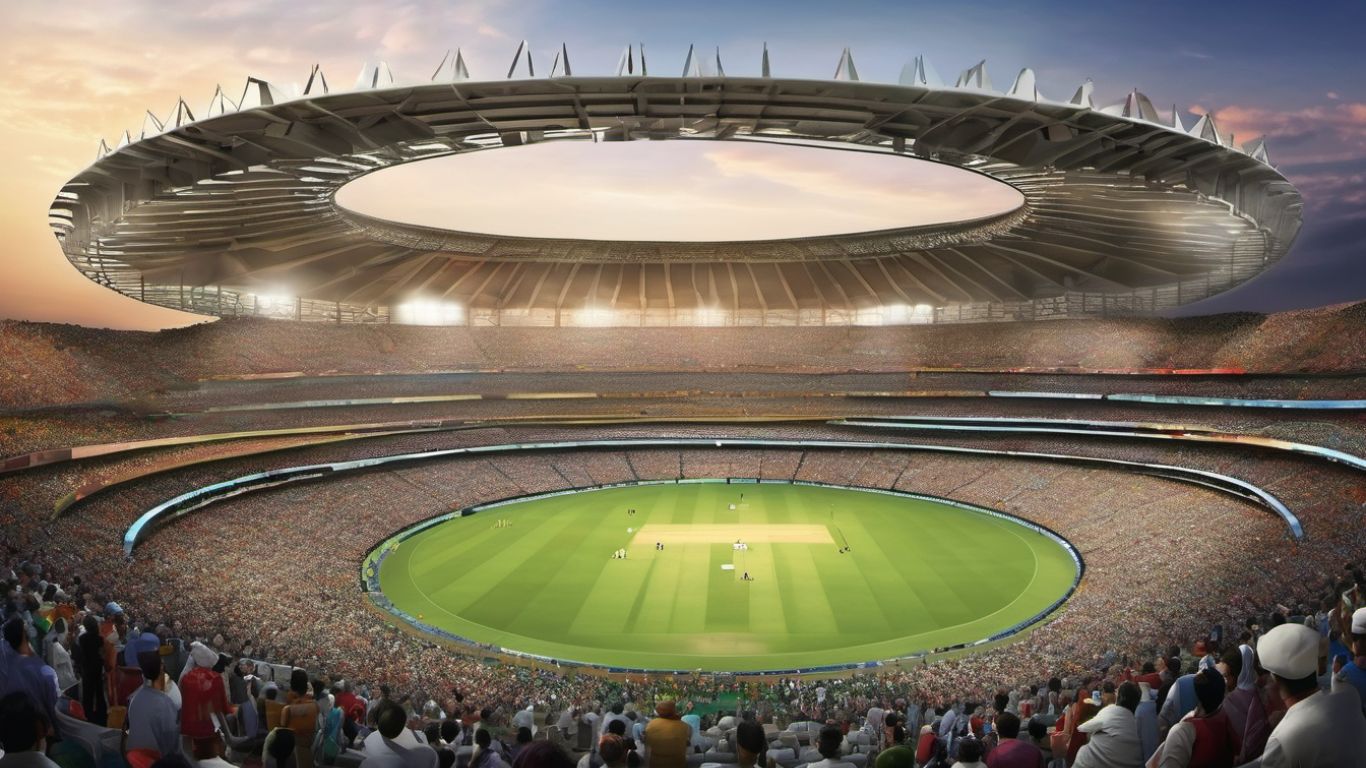Selecting the right soccer ball is a critical decision for any player, whether you’re a training enthusiast or stepping onto the pitch for a competitive match. The ball you choose can impact your playing style, training effectiveness, and match performance.
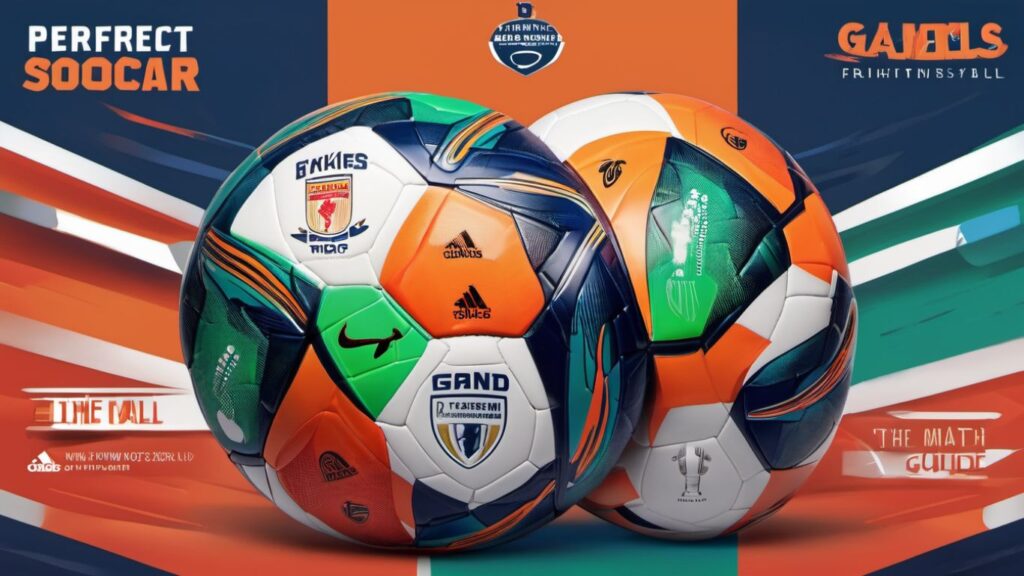
In this guide, we aim to break down the key features to look for in a top-notch soccer ball and provide a detailed comparison of three leading options: Adidas, Nike, and Puma.
Key Features to Consider
Whether you’re executing pinpoint passes or aiming for the top corner, your soccer ball needs to embody certain qualities:
- Durability
Balls should withstand regular use in all conditions without losing shape or functionality.
- High-Quality Material
Quality materials enhance feel, control, and longevity.
- Precision
The ball should maintain a consistent flight path and behaviour on impact.
- Good Grip
A textured surface is essential for control, especially in wet conditions.
Usage Scenarios
A premium soccer ball should perform reliably in different scenarios:
- Training and Matches: A ball must maintain its qualities on grass and turf fields, facilitating rigorous practice and competitive play.
- All-Weather Conditions: It should be resistant to wear, regardless of playing in the mud or rain.
- Age and Skill Level: From youth to adult leagues, the ball should cater to the needs of players at various development stages.
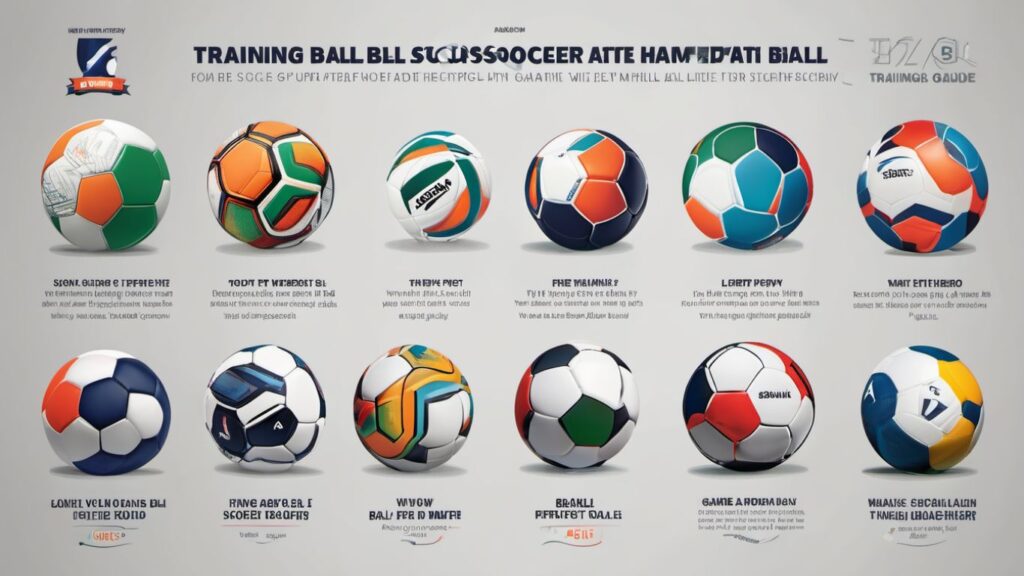
Brand Comparison
Adidas, Nike, and Puma are iconic brands that promise quality. But how do their offerings stack up against each other?
Adidas Telstar
The Adidas Telstar embodies the classic soccer ball design with state-of-the-art enhancements. It’s famous for its durability and has been chosen for major tournaments, reflecting its high-quality standards.
Nike Merlin
Nike Merlin takes a modern approach with an innovative panel design that improves control and precision. Its Aerow Trac grooves ensure consistency in ball spin, and All Conditions Control (ACC) technology provides a dependable grip in wet conditions.
Puma Final 1
Puma’s Final One ball is designed for accuracy and a soft touch. It’s constructed with a unique panel configuration to reduce seamstress and improve durability. Its textured surface aids grip and control during high-tension scenarios.
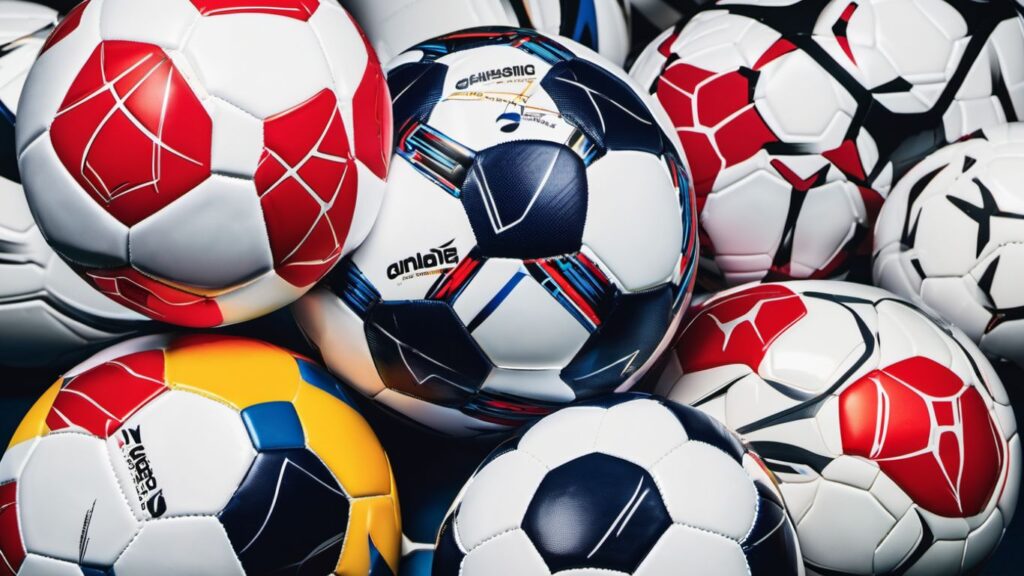
Expert Reviews and Testimonials
Expert reviews and testimonials can affirm the qualities of these top-tier balls. Analysts acknowledge the Adidas Telstar for its tri-technology integrated surface that enhances its durability and pitch performance. Testimonials often cite the Nike Merlin’s precision and responsiveness as a game-changer in competitive matches. Meanwhile, the Puma Final 1 is frequently lauded for its exceptional air retention and robustness, thanks to its high-quality material construction.
Product Recommendations
Adidas Telstar
It is recommended for those who value tradition blended with modern technology and require a ball proven in the most demanding environments.
Nike Merlin
It is suited for players who prioritize precision and control, especially those who play in varied weather conditions.
Puma Final 1
It is ideal for players seeking a durable ball with consistent performance and excellent touch in training and matches.
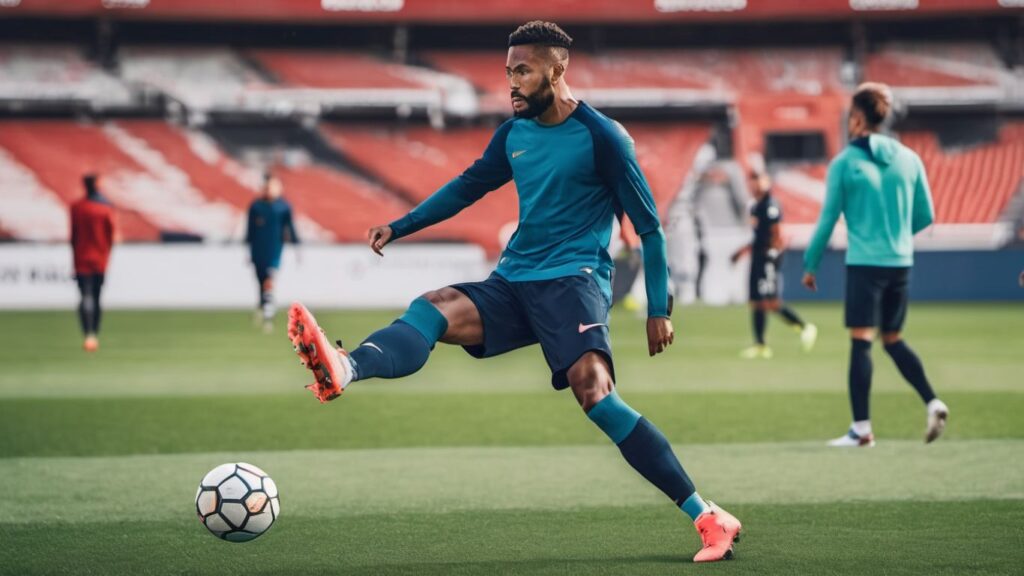
Pros:
1. Choosing the best soccer ball can significantly improve your ball control and overall performance on the field.
2. A high-quality soccer ball can enhance your shooting technique and accuracy, leading to more successful goal attempts.
3. The right soccer ball can provide a consistent feel and bounce, allowing you to predict its movements during gameplay better.
4. Opting for a durable soccer ball can save you money in the long run by reducing the frequency of replacements needed.
5. Selecting a well-suited soccer ball can help prevent injuries by ensuring proper weight, size, and construction for your playing style.
Cons:
1. High-quality soccer balls often come with a higher price tag, which may be a drawback for budget-conscious players.
2. Choosing the best soccer ball requires research and testing, which can be time-consuming and overwhelming for some individuals.
3. Personal preferences in terms of materials, design, and features may make it difficult to find the perfect fit among available options.
4. Factors such as weather conditions or playing surfaces may impact the performance of even the best soccer balls, leading to potential inconsistencies during play.
5. In some cases, investing in an expensive or premium soccer ball may not necessarily improve skills or game performance if other aspects of training are neglected.
Frequently Asked Questions
1. How do I choose the right-sized soccer ball?
– Select a size based on your age group: Size 3 (ages eight and under), Size 4 (ages 8-12), or Size 5 (ages 13+).
2. What’s the difference between a training and a match soccer ball?
– Training balls are typically more durable for repeated use, while match balls are designed for optimal performance during games.
3. Should I consider the playing surface when choosing a soccer ball?
– Yes, select a ball with appropriate construction for the playing surface – grass, turf, or indoor courts.
4. What factors should I consider when looking at the material of a soccer ball?
– Consider the material’s durability, touch, and responsiveness to ensure it matches your playing preferences.
5. How important is the weight of a soccer ball in my decision-making process?
– Weight can impact control and power; choose a weight that aligns with your playing style and strength.
6. Are higher-priced soccer balls always better quality?
– Not necessarily; consider factors like materials used, construction, and intended use rather than just price.
7. Can I personalize my soccer ball with custom designs or logos?
– Some brands offer customization options, but be sure to check if it affects the performance or warranty of the ball.
8. How often should I replace my soccer ball?
– Replace your ball when it shows signs of wear and tear, such as loss of shape, visible damage, or decreased performance on the field.
Conclusion
When deciding on the best soccer ball, consider how each of these recommended balls aligns with the specific features and scenarios you’re likely to encounter. Whether for training or official matches, in fair weather or foul, there’s a perfect soccer ball out there tailored to your needs—one that offers the perfect blend of durability, material quality, precision, and grip. Choose wisely to enhance your total playing experience.


